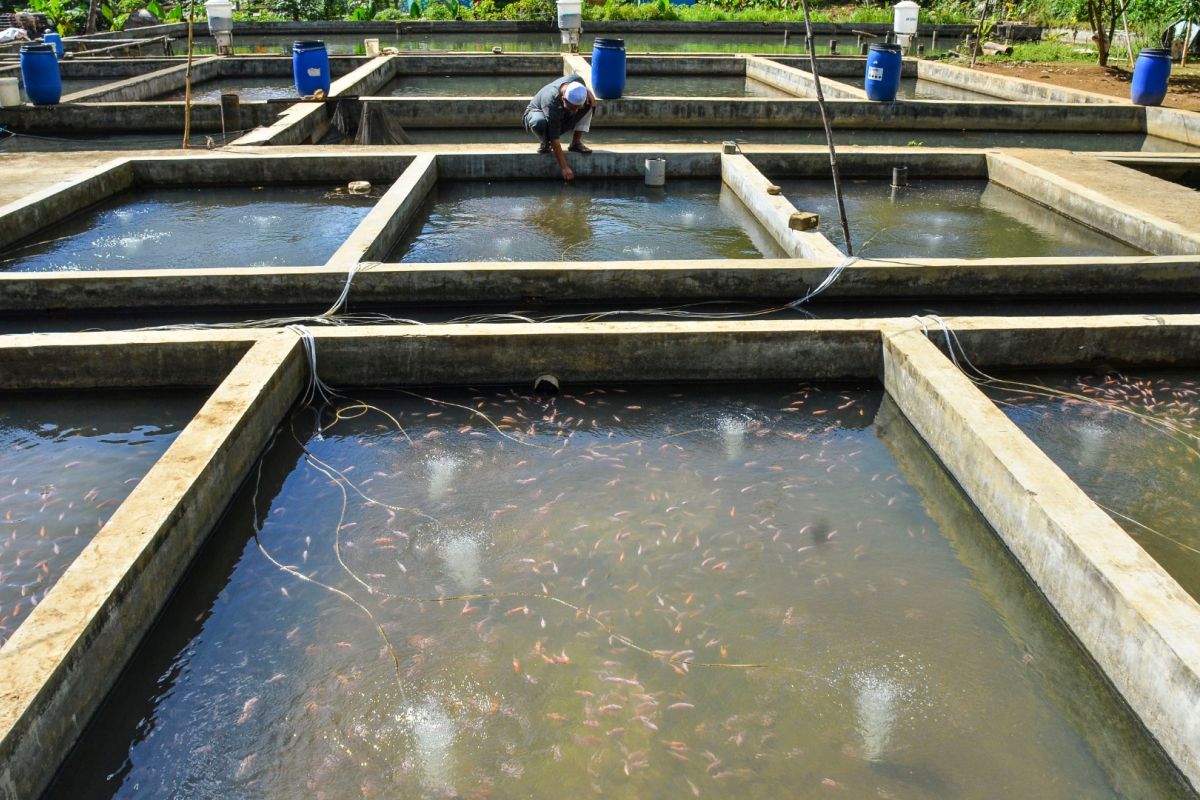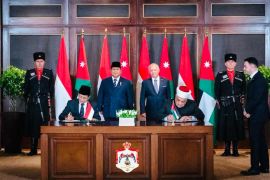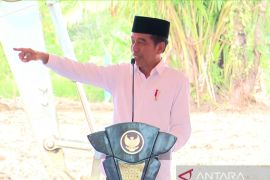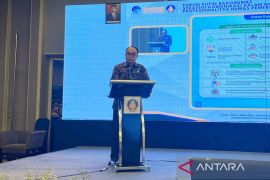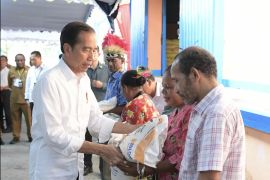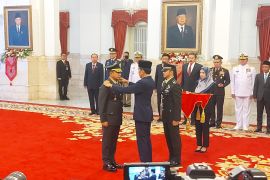This can be seen in some countries that have developed waqf productively. For example, Egypt, where waqf has been generating opportunities for the Egyptian people in particular, and people from all over the world in general, to gain knowledge in the country.
Egypt, where the al-Azhar University was founded around a thousand years ago, has aroused Moslem consciousness to explore science.
In addition to al-Azhar, waqf properties in Egypt are managed productively, so the results can be utilized in accordance with the divine mission of waqf, namely, to improve the welfare of the people and to address poverty.
Besides Egypt, the practice of waqf is also thriving in Turkey, Kuwait, Qatar, Saudi Arabia, showing that various social and economic problems can be addressed by waqf, according to the journal Economics and Finance in Indonesia, Volume 59, released by the Institute for Economic and Social Research.
During the launch of the National Movement for Cash Waqf on January 25, 2021, President Joko Widodo (Jokowi) said the potential for waqf in Indonesia is very vast, including for waqf in the form of money, which is projected to reach Rp188 trillion.
Related news: Cash waqf can potentially reach Rp188 trillion: President
Related news: Indonesia should harness untapped sharia economic potential: Jokowi
In Indonesia, the potential for waqf assets per year is pegged at Rp2 thousand trillion and the potential for cash waqf is projected to exceed Rp188 trillion, the President noted.
To exploit this huge potential, Indonesia needs to make breakthroughs, particularly in developing sharia financial institutions that are managed using the waqf system, he observed.
There is also a need to expand the utilization of waqf assets, he said adding that he believes that waqf assets can be managed for socio-economic purposes that can have a substantial impact on reducing poverty and social inequality in society.
Hence, the launch of the national cash waqf movement is an important part of not only increasing awareness and public literacy in terms of Islamic economics, but also strengthening a sense of concern for tackling poverty and social inequality in the country, the President affirmed.
Indonesia is a country with the largest Muslim population in the world, he pointed out.
It is time for Indonesia to set an example by following a waqf practice that is transparent, professional, and credible, and has a productive impact on the welfare and economy of the community, he added.
Furthermore, Widodo called for accelerating economic development and sharia finance, so that Indonesia can become a hub of the global sharia economy.
Islamic economy still has enormous potential to be developed, he noted. Sharia economic development is not only being carried out by countries with a Muslim majority population, but also by other countries, such as Japan, Thailand, Britain, and the United States, he pointed out.
Meanwhile, Vice President Ma'ruf Amin said the management of cash waqf needs to be improved and made more professional and modern to attract the interest of donors from the middle and upper classes.
Taking into account the fact that waqf is usually channeled by those who are socially and economically established, the professional management of waqf is expected to attract donors from the middle and upper classes, such as corporations, individuals holding large assets, socialites, and millennials, he elaborated.
The Vice President then pointed out that cash waqf, as a form of productive waqf, does not just offer flexibility in investment development.
It also offers flexibility in the form of distribution of benefits, where the principal of the waqf can be maintained, so that it does not decrease or disappear, and this makes it vital to manage cash waqf in a more professional and modern way, he said.
With more people participating in cash waqf activities, the empowerment program and community economic improvement could develop favorably, he remarked.
It is expected that improving the management of cash waqf will encourage the simultaneous mobilization of economic resources that can be used to encourage investment and economic activity in the community, Vice President Amin said.
Sharia financial institutions that receive cash waqf should also be expanded, especially by activating the role of Islamic financial institutions that receive cash waqf in various regions, he added.
Islamic micro-finance institutions, he said, can function as venues for receiving community-based cash waqf.
Thus, their existence and active role must be expanded and evenly distributed to serve people keen on doing waqf.
Total cash waqf
Finance Minister Sri Mulyani Indrawati has said the total cash waqf collected and deposited in banks as of December 20, 2020 stood at Rp328 billion.
Meanwhile, project-based waqf totalled Rp597 billion, she informed.
The minister highlighted the government’s unwavering commitment to promote the integrated Islamic economic and financial sector to accelerate, expand, and develop the economy and finance to support national economic resilience.
The minister remarked that the sharia social fund sector, comprising zakat (alms), sodaqoh (simple alms), infaq (disbursements), and waqf, as its main component, had strategic potential to be developed.
The Islamic social fund sector has vast potential in supporting efforts to overcome problems of development and poverty as well as boosting the welfare of the community, the minister affirmed.
Sri Mulyani said waqf has developed quite well in Indonesia, but it remains in the form of property waqf, specifically land and buildings, such as mosques, Islamic schools, Islamic boarding schools, and burial places, donated for the benefit of the community.
Hence, in recent years, stakeholders have tried to ensure cash waqf is managed in a productive, trustworthy, accountable, and professional manner, so that it can strengthen the Islamic social net, she said.
The minister cited as an example the Indonesian Waqf Board (BWI) which, last year, mobilized cash waqf and invested it in cash waqf-linked sukuk, or CWLS.
This is a new instrument issued by the government or the Ministry of Finance in which the yields are utilized to finance social programs that have currently collected more than Rp54 billion, she stated.
Sri Mulyani said low public literacy on sharia economics and finance is one of the challenges to the development of an Islamic economy in Indonesia.
"To this end, the National Sharia Financial Economy Committee (KNEKS) (has) initiated the launch of the Sharia Economic Brand," she informed.
The minister said the brand has been launched in a bid to unify joint movements to boost public literacy, education, and awareness about the sharia economy.
The movement will be conducted in a massive and inclusive manner, with focus on increasing knowledge, skills, and public confidence in the economy and Islamic finance, she added.
She said that Islamic economics can be used by all ministries and institutions as well as stakeholders engaged in sharia economics and finance in every product, activity program, and campaign.
She also affirmed the government’s unwavering commitment to encouraging the integrated Islamic economic and financial sector in Indonesia through the National Movement for Cash Waqf (GNWU).
Related news: VP presses for more professional, modern management of cash waqf
Related news: Cash waqf at banks totaled Rp328 billion until Dec: Minister
Editor: Sri Haryati
Copyright © ANTARA 2021
